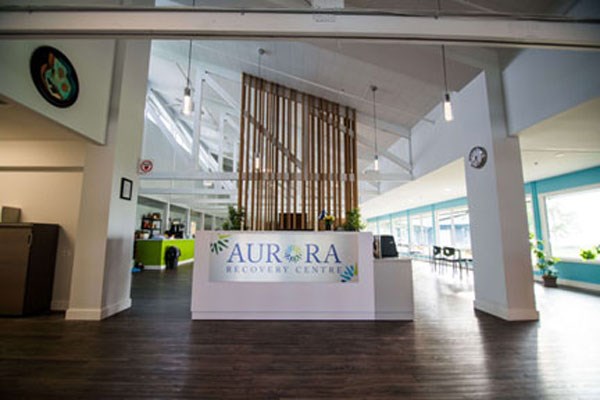As part of a series on mental health during the pandemic, this article focuses on the issue of addiction and some of the help that is available.
According to a study, COVID-19 and Addiction published in the October 2020 edition of the Journal of Diabetes and Metabolic Syndrome: “There is surge of addictive behaviors (both new and relapse) including behavioral addiction in this period. Withdrawal emergencies and death are also being increasingly reported. Addicted people are especially facing difficulties in accessing the healthcare services which are making them prone to procure drugs by illegal means.” The article goes on to say, “COVID-19 and addiction are two pandemics which are on the verge of collision, causing a major public health threat.” When these public health crises coincide, the need for treatment options becomes critical.
Where can Manitobans look for help? The Addictions Foundation of Manitoba (AFM) continues to be a significant available resource, and there has been an increase in the number of people seeking support and services through the Virden office.
Once clients make contact with AFM, they have access to the AFM library and the COVID-19 webinar series. The Addictions Helpline at 855-662-6605 is available 24/7 to anyone who wants to learn more about supports and services or speak to a counsellor. The Virden office has continued to provide impaired driver assessments and client workshops, where physical distancing requirements are met, and individual phone counseling has become a popular option.
Virden is one of four satellite offices to the Brandon location at the Parkwood Centre. Parkwood is one of five residential treatment facilities operated by AFM. Here clients spend from 21 to 28 days of focused treatment.
Brandon is also home to a Rapid Access to Addictions Medicine (RAAM) Clinic. RAAM clinics are drop-in facilities for people seeking help with high-risk substance use and addictions including those who want to try medical assistance to reduce or stop their substance use.
There are also six flexible-length withdrawal treatment beds suitable for treating those struggling with a methamphetamine or opioid addiction, which are operated by the Community Health and Housing Association of Westman.
Another option when a residential treatment program is required is the Aurora Recovery Centre near Gimli. This privately operated facility on the shore of Lake Winnipeg favours a recovery management approach that treats addiction as a chronic disease like diabetes or hypertension.
Aurora serves people with addictions from across Canada. Most are self-paid, but some companies will send an employee.
Steve Low is the Centre’s president. He grew up in forest industry towns and struggled with his own addictions and mental health issues. A workplace-based program introduced him to addiction treatment. He says “It saved my life.” At Aurora, Low says “We look at the illness as a bio, psycho, social, spiritual illness. Therefore, we treat the bio with the medical piece. We treat the psycho with psychotherapy. We treat the social with the community… how to navigate in relation to the world. And then the spiritual. As people come into this process … there’s this sense that there’s something outside of you. There is something, whether its nature, whether it is the Creator God, they begin to want to explore that.”
On the 45-acre property near Gimli, in addition to the 64-bed facility, there’s extended care houses. “One for men, one for women, which meant people who have gone through our intensive, high level program now the intensity has been relaxed, the responsibility increased,” says Low. It gives people in recovery an opportunity to put into practice the skills that they’ve learned.
An important aspect of any chronic disease treatment program is the continuing care the patient receives after the acute care phase. In this part of the recovery process, the social and spiritual aspects become crucial. When asked about the importance of peer support Steve Low pointed out a study by Dr. John Kelly, Elizabeth R. Spallin Professor of Psychiatry at Harvard Medical School and Director of the Massachusetts General Hospital Recovery Research Institute. He said, “Alcoholics Anonymous (AA) is a well-known, free, mutual-help fellowship that helps people recover and improve their quality of life.”
The report brought new evidence of the effectiveness of 12-step programs like AA.
“I think of AA as the closest thing in public health that we have to a free lunch” said Kelly.
In the next article in this series, we will look more closely into 12-step programs.




